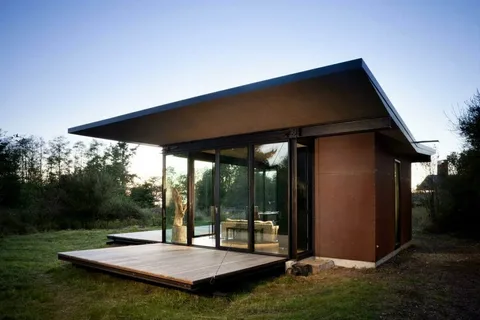Understanding Modular ADUs
Modular ADUs, or Accessory Dwelling Units, are gaining popularity as innovative solutions for expanding living space efficiently. These units are prefabricated in sections or modules in a factory setting before being assembled on-site. This method contrasts with traditional construction, which involves building from scratch on the property. The modular approach allows for a faster build time, typically completed in a matter of weeks, compared to several months for conventional methods. The process is streamlined and less disruptive, offering a practical alternative for homeowners looking to add space quickly.
Benefits of Modular ADUs
The advantages of modular adus extend beyond just speed of construction. One of the primary benefits is cost-effectiveness. Modular units are often more affordable due to reduced labor costs and shorter construction times. Additionally, the controlled factory environment minimizes material waste and optimizes resource use, contributing to lower overall costs. Modular ADUs also offer customization options that cater to a variety of needs, from extra rental income to a private workspace. Their design flexibility allows homeowners to choose features and layouts that fit their specific requirements while maintaining budgetary constraints.
Environmental Impact and Sustainability
Environmental concerns are increasingly influencing housing decisions, and modular ADUs offer several sustainable benefits. The construction process generates less waste compared to traditional building methods, as materials are precisely cut and utilized in the factory. Additionally, many modular ADUs are designed with energy efficiency in mind, incorporating features such as high-performance insulation, energy-efficient windows, and sustainable materials. These design elements not only reduce the unit’s environmental footprint but also lead to long-term savings on energy bills for homeowners.
Legal and Zoning Considerations
While modular ADUs present numerous benefits, navigating legal and zoning regulations can be complex. Local codes and regulations vary widely, and it’s crucial for homeowners to ensure their modular ADU complies with all necessary permits and zoning laws. In many areas, there are specific requirements regarding the size, design, and placement of ADUs. Working with a knowledgeable architect or contractor who understands these regulations can help streamline the approval process and avoid potential legal issues. Additionally, some regions offer incentives or streamlined procedures for modular ADUs, which can further facilitate the process.
